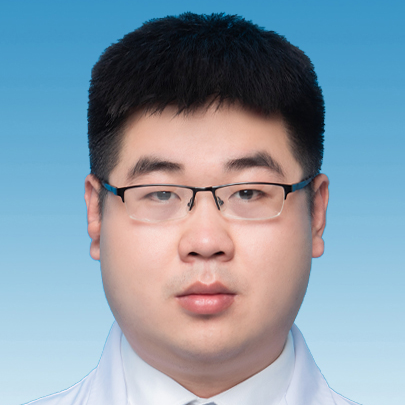Dr. Qingtao Qiu is an associate professor and senior researcher affiliated with the Department of Radiation Oncology and Physics at Shandong Cancer Hospital and Institute, a leading comprehensive cancer center in China. With over a decade of dedicated research in biomedical engineering and medical physics, he has established himself as a prominent figure in the intersection of medical imaging and artificial intelligence (AI). His multidisciplinary expertise spans radiomics, computational modeling, and AI-driven image analysis, with a particular focus on developing innovative solutions to enhance precision oncology. Dr. Qiu's research portfolio emphasizes the translation of advanced computational techniques into clinical practice. He has pioneered the integration of deep learning algorithms for automated tumor segmentation in radiotherapy planning, significantly improving the accuracy and efficiency of target volume delineation. His work on multi-modal image registration has facilitated the fusion of CT, MRI, and PET data, enabling more comprehensive tumor characterization and treatment response assessment. Notably, his team developed a convolutional neural network (CNN)-based framework that reduces inter-observer variability in organ-at-risk contouring. Over the past five years, Dr. Qiu has authored more than 40 peer-reviewed articles in high-impact journals such as Medical Physics. His publications frequently address critical challenges in radiotherapy. His research has been consistently supported by prestigious grants, including projects funded by the National Natural Science Foundation of China (NSFC) and the Natural Science Foundation of Shandong Province. These initiatives have explored topics such as AI-augmented radiomics for predicting treatment outcomes. Collaborating with engineers and clinicians, Dr. Qiu has also contributed to open-source software platforms for medical image processing, fostering wider accessibility to advanced computational tools. Beyond research, Dr. Qiu plays an active role in academic stewardship. He serves on the editorial board of Frontiers in Oncology and Oncology and Translational Medicine, where he champions rigorous peer review processes. As a frequent reviewer for Medical Physics and International Journal of Radiation Oncology (Red Journal), he mentors early-career researchers in crafting methodologically sound manuscripts. His educational contributions extend to supervising graduate students and organizing workshops on AI applications in radiology, bridging the gap between technical development and clinical implementation. Looking forward, Dr. Qiu aims to advance federated learning approaches for multi-institutional radiomics studies while addressing ethical considerations in AI deployment. His work continues to shape the evolving landscape of radiation oncology, embodying the synergy between cutting-edge technology and patient-centered care.







